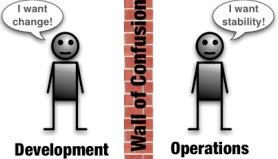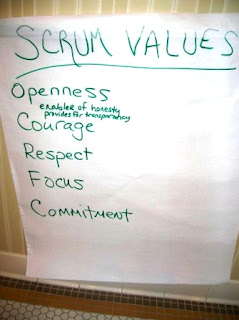Fun with Neo4J and JRuby

Neo4J is a graph database built in Java with full support for Transactions. It work with nodes and relationships, you're able to put properties in both, graph structure are very simple structures but have great expressiveness and great work for some problems domains. Graph are perfect for social media, because you have friends and the friends have friends and they have twitter, email, cellphone. You do have properties on the relationship like for how long time you know that find or where did you meet him last etc. This is the classical Matrix movie relationship sample. Let's see how we structure this graph on code, I will show ruby code through JRuby. I made some changes and add new properties but the relationship didn't change that much.








